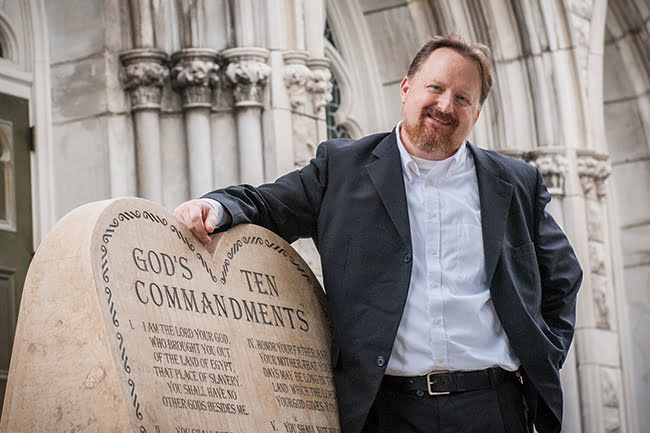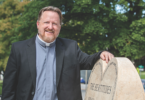by Bill Scholl
Jesus Christ wants to change your life. Before you change your life, you have to change your mind.
A key concept for the life of Christian discipleship is “metanoia.” Derived from the Greek word “meta” — for “beyond” — and “nous” — for “thinking” or “mind” — “metanoia” means “thinking beyond.”
Thus, the term “metanoia,” was coined by early Christians as a way to describe how encounters with Christ necessitate thinking beyond what was previously thought. This term also highlights how the Holy Spirit urges a life of conversion.
If we are to follow and worship the crucified God-Man, we must be open to paradigm shifts in heart and mind. The call to “metanoia” is made by our Lord in his beatitudes. For example, poverty is a blessing, meekness is strength, and persecution for righteousness is glory.
Bottom line? You can’t be a disciple of Jesus unless you are prepared and open to changing how you think about things. Most often, this thinking will be opposed to the thinking of the world.
Recently, the office for social justice was blessed to work with a great team of people to help Archbishop Joseph F. Naumann organize and celebrate the World Day of Migrants and Refugees with a special Mass and multicultural festival.
Catholics from the various immigrant and ethnic communities of the archdiocese came together in a liturgy that reflected the multinational, universal identity of the Roman Catholic Church by utilizing different languages and musical styles.
The Mass was followed by a potluck meal and fellowship, as families who had immigrated from Asia, Europe and Central and South America shared their food and culture with one another. People who weren’t accustomed to worshiping with each other came together to pray for all the migrants of the world.
It was a time for “metanoia,” to rethink how our catholicity calls us to recognize that ultimately we are called to share a common home in heaven. Pope Francis reminded us in his message for that day that the church calls us to “the certainty that no one is a stranger in the Christian community, which embraces ‘every nation, tribe, people and tongue’ (Rv 7:9).” He further said that “each person is precious; persons are more important than things, and the worth of an institution is measured by the way it treats the life and dignity of human beings, particularly when they are vulnerable, as in the case of child migrants.”
As our government begins to revisit its immigration and refugee policies, let us as Christians be open to a “metanoia” on immigration that sees people not as enemies at the gate that we ardently resist, but as persons of inherent worth that we desire to prudently welcome.



